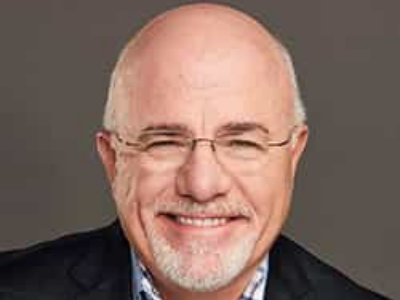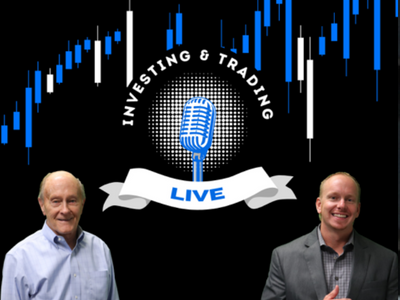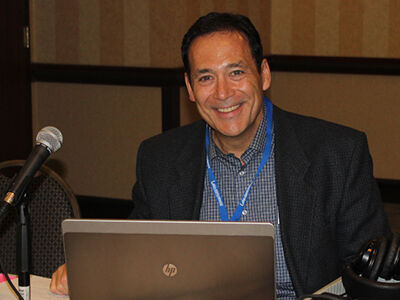Canadian Prime Minister Mark Carney to meet Trump at the White House next week
News > Politics & Government News

Audio By Carbonatix
8:49 AM on Friday, October 3
By ROB GILLIES
TORONTO (AP) — Canadian Prime Minister Mark Carney will visit U.S. President Donald Trump at the White House next week, it was announced Friday.
The meeting comes ahead of a review of a free trade agreement and as Trump is engaging in 51st state talk again as Canada asks to be included in Trump’s future Golden Dome missile defense program.
In a statement, Carney's office said the prime minister will travel to Washington on Monday before meeting Trump in the Oval Office on Tuesday.
Carney won Canada's election earlier this year fueled by Trump’s annexation threats and trade war, but he has tried to improve relations ahead of a review of the free trade deal next year.
More than 75% of Canada’s exports go to the U.S. and Canada recently dropped many of its retaliatory tariffs to match U.S. tariff exemptions for goods covered under the United States-Mexico-Canada trade pact, or USMCA.
“Canada and the U.S. each launched consultations last month that will inform preparations for the first joint review" of the trade pact, the statement said. "The Prime Minister’s working visit will focus on shared priorities in a new economic and security relationship between Canada and the U.S.”
Canada popped back into Trump’s head earlier this week when he brought up the Golden Dome missile defense program he wants to build to protect the United States. Trump said Canada called him recently asking to be covered by the proposed missile shield.
“They want to be a part of it,” he said. “I said, ’Why don’t you just join our country, become the 51st state and you get it for free.’”
Earlier this year, Trump began pressuring Canada to join the United States as he threatened it with steep tariffs. Canada said it will never join the U.S.
“Trump is back on the 51st state theme. And he is somebody whose modus operandi is extortion,” said Robert Bothwell, a professor of Canadian history and international relations at the University of Toronto
Carney said that he privately asked Trump to stop calling Canada the 51st state during their last meeting in the White House last May.
“A key political risk is that President Trump raises the 51st state issue again and seeks to publicly embarrass Prime Minister Carney during his visit,” said Daniel Béland, a political science professor at McGill University in Montreal.
“Another risk is that no apparent progress on trade is made, which would be bad news for the prime minister domestically, as the Conservatives accuse them of failing to successfully address the ongoing trade war with the United States,” he added.
Carney has said the USMCA, which is up for review in 2026, is a unique advantage for Canada at a time when it is clear that the U.S. is charging for access to its market. Carney has said the commitment of the U.S. to the core of USMCA means that over 85% of Canada-U.S. trade continues to be free of tariffs. He said the U.S. average tariff rate on Canadian goods is 5.6% and remains the lowest among all its trading partners.
But Trump has some sector specific tariffs on Canada, known as 232 tariffs, that are having an impact. There are steep tariffs on steel and aluminum imports for example.
Canada’s Minister of Energy and Natural Resources Tim Hodgson said the government is working to remove “unfair and unjust” tariffs on certain sectors such as the aluminum industry.
Hodgson also said they are setting up the next stage of negotiations with the free trade agreement.
Carney will be accompanied by his minister responsible for Canada-U.S. trade as well as his foreign minister and industry minister.
Canada is the top export destination for 36 U.S. states. Nearly $3.6 billion Canadian (US$2.7 billion) worth of goods and services cross the border each day. About 60% of U.S. crude oil imports are from Canada, and 85% of U.S. electricity imports are from Canada.
Canada is also the largest foreign supplier of steel, aluminum and uranium to the U.S. and has 34 critical minerals and metals that the Pentagon is eager for and investing in for national security.
Pete Hoekstra, the U.S. ambassador to Canada, has expressed frustration over the anti-American sentiment he sees in Canada. Travel by Canadians to the U.S. has plunged.







